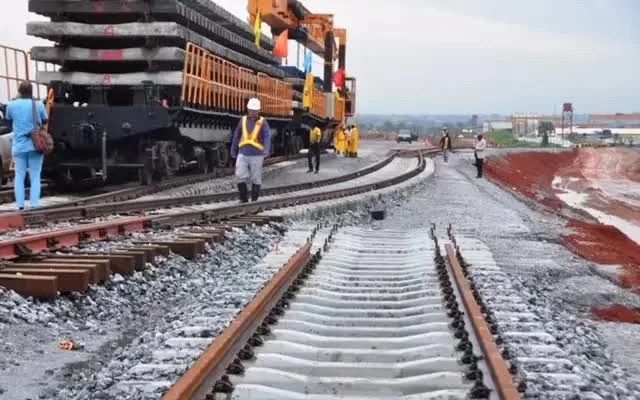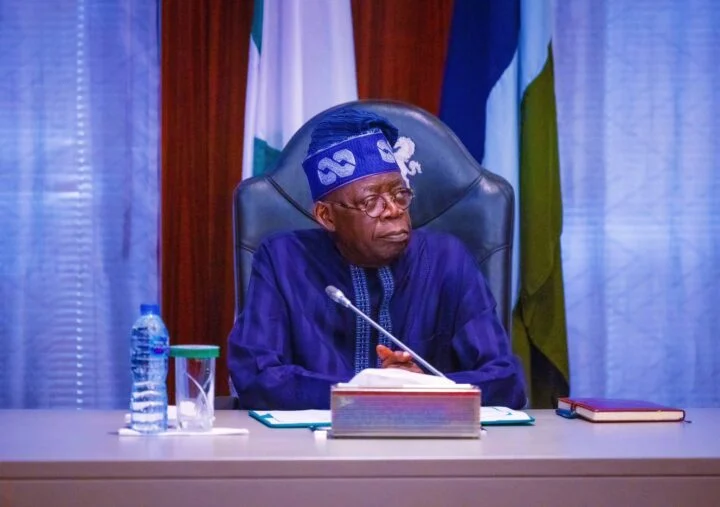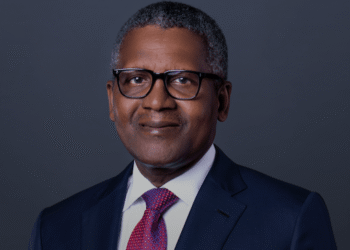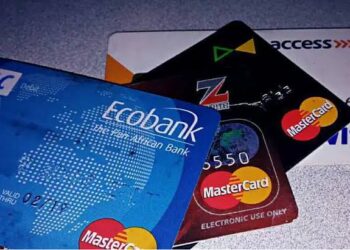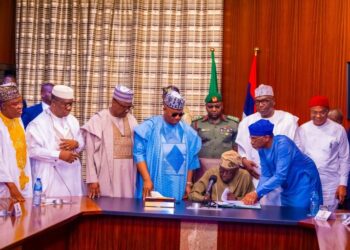The China Development Bank (CDB) has granted a loan of $254.76 million (€245 million) to Nigeria to aid the ongoing construction of the Kano-Kaduna railway project, ensuring its smooth progress and completion.
In a statement released on Tuesday, the bank announced that their financial contribution aims to ensure the project’s seamless execution.
The Kano-Kaduna railway is a newly constructed standard-gauge railway line that spans 203 kilometers.
Upon completion, it will directly connect the cities of Kano and Abuja by rail.
In addition, the railway will offer residents a safe, efficient, and convenient transportation alternative, significantly enhancing regional connectivity.
Beyond improved mobility, the railway project is poised to stimulate economic activity along its route.
It is expected to promote the growth of related industries and generate numerous job opportunities for Nigerians during both the construction and operational phases.
The project has been highlighted as a key initiative under the Third Belt and Road Forum for International Cooperation. It is being executed by the China Civil Engineering Construction Corporation (CCECC), with financing provided by the CDB.
According to the bank, construction is progressing smoothly.
The CDB emphasized its commitment to continued collaboration with the Nigerian government to ensure the timely disbursement of funds and effective management of subsequent phases of the project.
The bank noted that “going forward, it will closely coordinate with Nigerian partners to ensure the smooth disbursement of subsequent loans and effective post-loan management.”
The CDB stepped in as financier after the China Exim Bank withdrew its funding for the project.
In 2023, the Minister of Transportation, Saidu Alkali, disclosed that China has committed to funding the Ibadan-Abuja and Kaduna-Kano sections of the Lagos-Kano railway under the Belt and Road Initiative.
The Minister noted that most of the ongoing rail projects were awarded under an EPC+F (Engineering, Procurement, Construction, and Financing) model.
This model requires 15% counterpart funding from the federal government, with the remaining 85% expected to be sourced through loans.
Alkali, however, said securing funds from banks has been challenging, as financial institutions perceive significant risk associated with railway projects and are hesitant to proceed with the loan arrangements.
Consequently, China was approached to help fund some of these projects.
President Bola Tinubu also assured that the Ibadan-Abuja-Kaduna-Kano railway project would be completed to the satisfaction of Nigeria and West Africa at large.
The Federal Government last week said the ongoing construction of the Kaduna to Kano rail line will be completed before the end of 2025.
The government also said it was hoping to construct a speed rail from Abuja to Lagos before the end of the year
